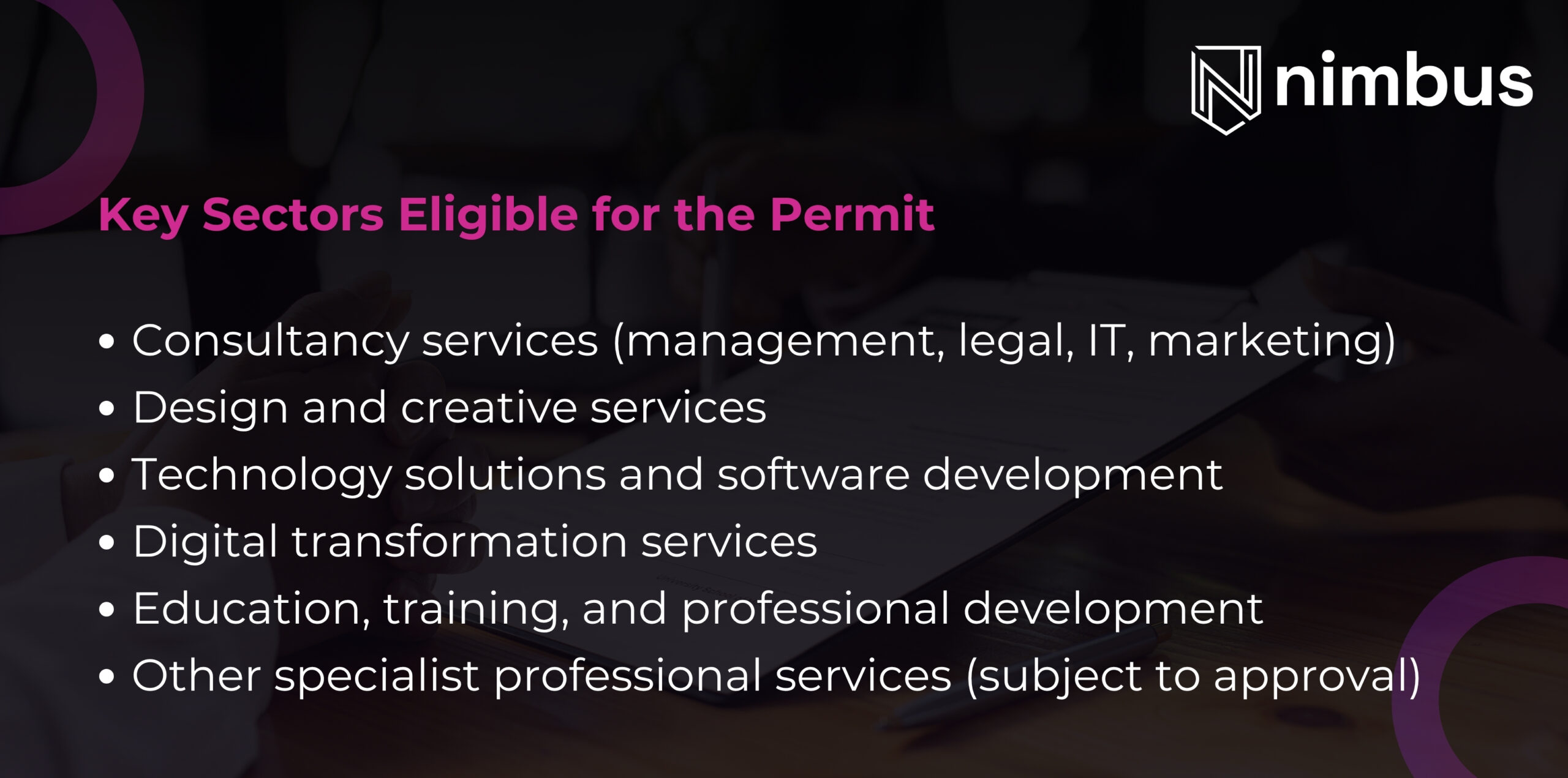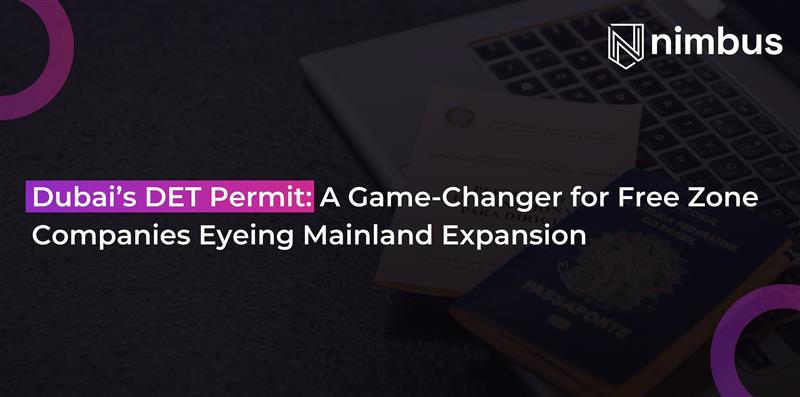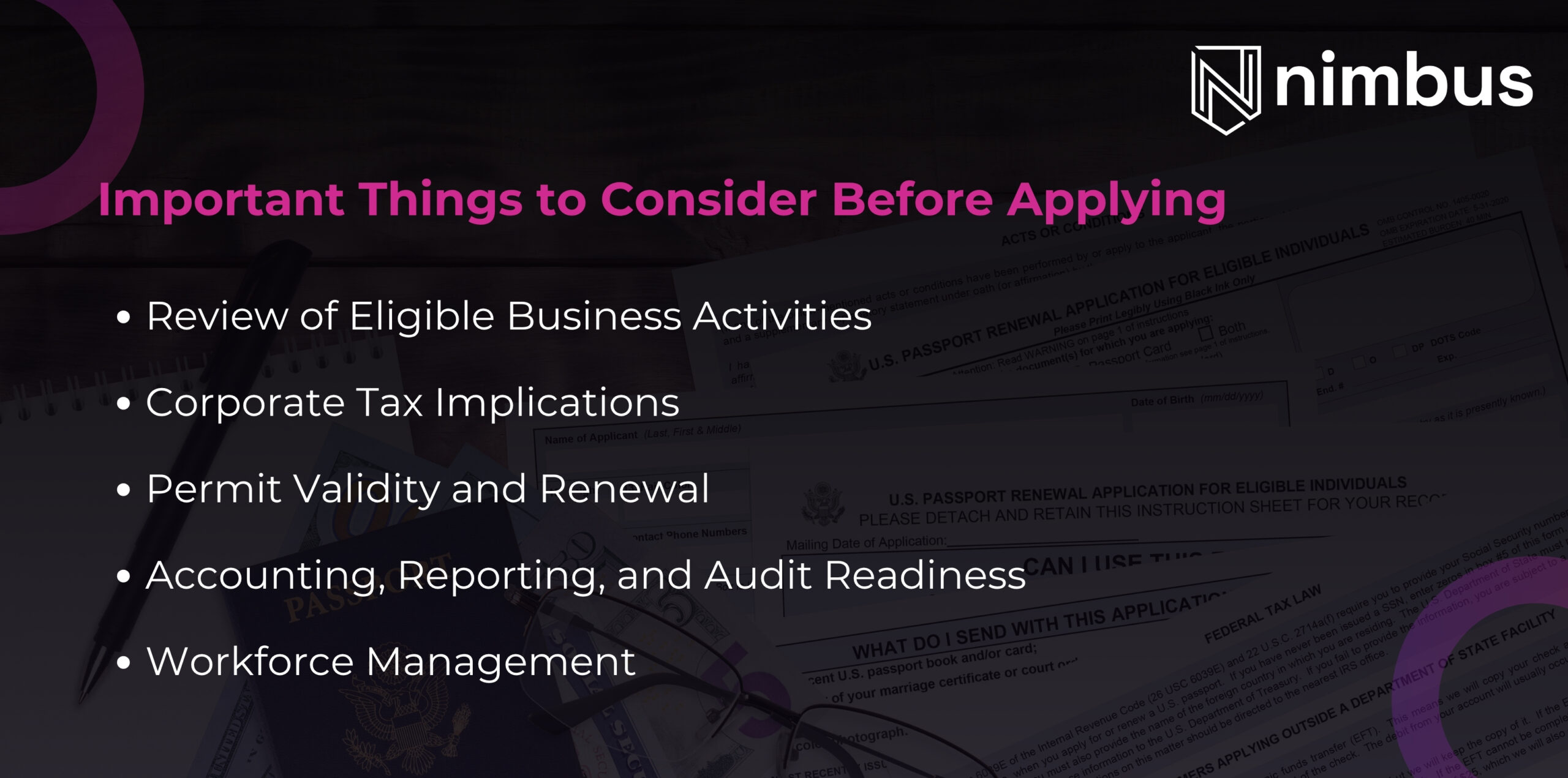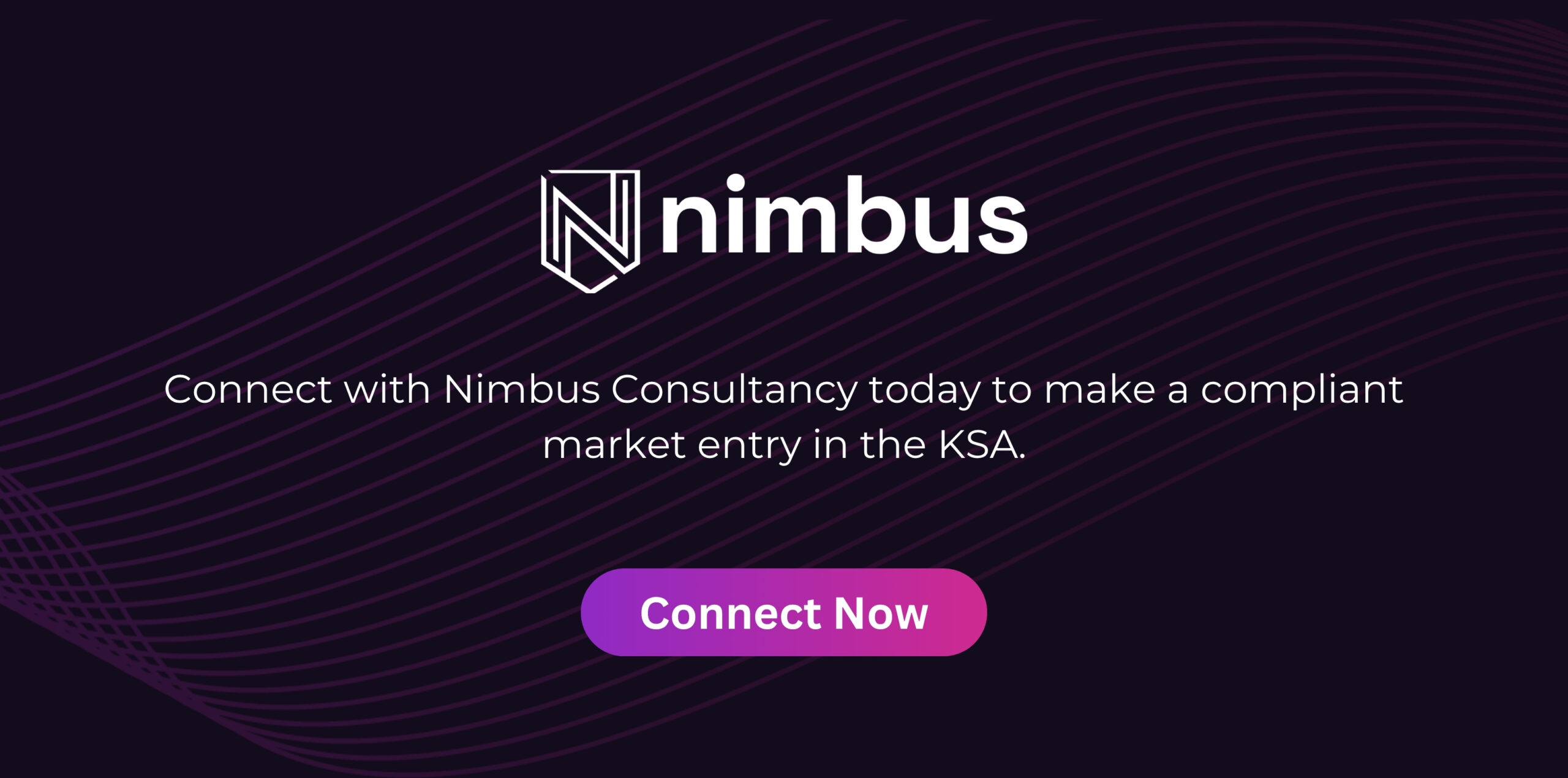Dubai has taken another bold step toward solidifying its position as a hub for business setup in the UAE. In a recent regulatory update, the Dubai Department of Economy and Tourism (DET) announced a significant shift in how free zone companies can engage with the local market.
For the first time, eligible free zone businesses are now allowed to apply for a DET permit that lets them conduct specific activities directly in the Dubai mainland, without having to set up a separate mainland company or go through a local distributor.
This move signals a clear intent to foster deeper business integration across free zones and the mainland, offering companies greater flexibility, operational efficiency, and market access.
Here’s a closer look at what this permit means, what’s covered, and how businesses can leverage it.
Understanding the Shift: What Has Changed?
Previously, companies incorporated in Dubai’s free zones were restricted from offering their services or products directly in the mainland unless they:
- Set up a mainland entity, or
- Partnered with a licensed local distributor or agent
This created structural and financial barriers for many businesses wanting to tap into the Dubai mainland business setup and its commercial opportunities. With the introduction of the DET permit, free zone businesses now have a cost-effective way to access and operate in the local market, provided they meet the criteria.
What Does the DET Permit Allow?
The new DET permit provides eligible free zone businesses the ability to:
- Carry out approved, professional, or service-based activities in the Dubai mainland.
- Deliver services directly to mainland clients without a local intermediary.
- Retain the advantages of their existing free zone setup while legally expanding into the mainland.
This makes it easier for companies to test the mainland market and grow strategically without the need for major restructuring or duplicate licensing.
Key Sectors Eligible for the Permit
Not all business activities qualify under this initiative. The DET permit is aimed at supporting knowledge-based, service-driven industries. Eligible sectors include:

- Consultancy services (management, legal, IT, marketing)
- Design and creative services
- Technology solutions and software development
- Digital transformation services
- Education, training, and professional development
- Other specialist professional services (subject to approval)
Commercial trading and retail businesses are excluded. If a free zone company wants to sell physical goods or trade in the mainland, they must still establish a mainland company or use a licensed distributor.
Benefits of the DET Permit for Free Zone Businesses
This new policy offers a number of strategic advantages for eligible companies.
- Market Expansion
Businesses gain direct access to mainland clients, allowing - Cost Efficiency
Companies avoid the costs associated with setting up a new mainland entity while still gaining legal access to the market. - Business Continuity
There’s no need to alter existing free zone structures. Businesses maintain their current entity and workforce while expanding operations. - Operational Flexibility
Staff employed under a free zone visa can work on mainland projects, provided that all legal requirements are met, including obtaining necessary No Objection Certificates (NOCs) and ensuring compliance with UAE labour laws.
While the DET permit opens new doors, it also introduces responsibilities that businesses must understand and prepare for:
1. Review of Eligible Business Activities
Only certain service-based activities qualify for this permit. Companies must confirm whether their existing licensed activities align with the approved DET list. If there’s any ambiguity, it’s advisable to engage a professional service provider to review activity codes and ensure alignment.
2. Corporate Tax Implications
With the introduction of corporate tax in the UAE, income generated from mainland activities could affect a free zone company’s tax position. Free zone entities generally enjoy preferential tax treatment, but operating in the mainland may change that. Businesses must evaluate:
- Whether mainland income is subject to UAE corporate tax
- How to segregate taxable and exempt revenues
- What records must be maintained to support their tax filings
Getting professional tax advice is essential to avoid unintended liabilities and to stay compliant.
3. Permit Validity and Renewal
The DET permit is not indefinite. Companies must:
- Renew it periodically within the timeline set by DET
- Continue to meet both DET and free zone authority requirements to maintain permit validity
As rules and regulations are subject to change, businesses should stay updated and be proactive about compliance.
4. Accounting, Reporting, and Audit Readiness
Once operations extend into the mainland, businesses must:
- Maintain separate financial records for mainland-related income and costs
- Prepare for potential audits by DET or their free zone authority
- Ensure full compliance with federal and local regulations governing accounting and reporting
Keeping organized financial documentation from the beginning helps mitigate risk and makes renewal or expansion easier.
5. Workforce Management
One of the most practical advantages is the ability to deploy existing staff for mainland activities. However, companies must:
- Secure NOCs for such deployment
- Ensure employment contracts, visa status, and labour law compliance are in order
- Review HR policies and procedures to support cross-border operations between free zone and mainland
Why This Matters Now?
Dubai’s DET permit reflects Dubai’s commitment to creating a flexible, competitive business environment. As part of a broader vision to attract foreign investment and support economic diversification, this move:
- Encourages collaboration between free zone and mainland ecosystems
- Offers a stepping stone for smaller companies to scale
- Builds confidence among investors who want clarity and ease of doing business
How to Get Started?
For free zone companies interested in applying for the DET permit, the process starts with:
- Identifying whether their business activity is on the approved list
- Reviewing potential tax and compliance obligations
- Gathering the necessary documentation for DET approval
- Engaging qualified consultants who can manage the application, assess legal exposure, and provide end-to-end support
Dubai’s new DET permit creates a meaningful bridge between the city’s globally renowned free zones and the thriving local market. It enables businesses to grow smartly, without unnecessary duplication or restructuring, while aligning with evolving regulatory and tax frameworks.
Whether you’re a startup, SME, or established service provider, now is the right time to reassess your operational structure, tax planning, and market strategy. With the right support, companies can tap into the full potential of Dubai’s dynamic economy, without compromising on compliance or cost efficiency.




